Turkish, Palestinian FMs scold US over Quds decision ahead of UN vote
Turkish Foreign Minister Mevlut Cavusoglu says the United States has been isolated over its recognition of Jerusalem al-Quds as Israel’s capital and therefore it is threatening countries that might vote against Washington’s move during an emergency session of the UN General Assembly.
The top Turkish diplomat made the remarks on Wednesday during a press conference before leaving Istanbul with his Palestinian counterpart Riyad al-Maliki to attend Thursday’s gathering in New York on US President Donald Trump's December 6 decision, which has enraged the Muslim world and triggered criticism from other nations, including Washington’s allies.
The emergency meeting comes after the United States on Monday vetoed a UN Security Council draft resolution calling on Washington to withdraw its declaration. The 14 other council members, including four European Union countries, backed the Egypt-drafted resolution.
The emergency session, proposed by Arab and Muslim states, has sparked warnings from Washington, with US Ambassador to the UN Nikki Haley saying on Twitter that “the US will be taking names.”
Also in a letter to dozens of UN states on Tuesday seen by Reuters, the US envoy warned that the US would remember those who voted for the resolution criticizing Washington’s decision.

Cavusoglu described the US diplomat’s remarks as a threat.
“We expect strong support at the UN vote, but we see that the United States, which was left alone, is now resorting to threats. No honorable, dignified country would bow down to this pressure,” Cavusoglu said, adding, “God willing, we will push through the General Assembly a resolution in favor of Palestine and al-Quds.”
Maliki, for his part, accused Washington of “threatening” member countries of the UN General Assembly ahead of Thursday vote on rejecting the US decision.
He said American officials were “committing another mistake when they have distributed this famous letter trying to threaten countries, (and) threaten their sovereign decision to choose how to vote.”
He also said the UN session would show “how many countries will opt to vote with their conscience.”
On Monday, the Palestinian ambassador to the UN, Riyad Mansour, expressed hope that there would be “overwhelming support” in the General Assembly for the resolution. Such a vote is non-binding, but carries political weight.
Israel lays claim to the whole Jerusalem al-Quds, but the international community views the ancient city’s eastern sector as occupied land and the Palestinians consider it their future capital.
VIDEO | Press TV's news headlines
VIDEO | US-Israeli genocide: Will Gazans see ceasefire deal achieved?
VIDEO | Grief strikes Parachinar: 44 lives lost in terror attack
VIDEO | Yemen’s armed forces target Israeli airbase amid nationwide pro-Palestinian rallies
Putin vows more test of new hypersonic missile
VIDEO | Jordanians continue rallies to denounce Israeli genocide in Gaza, Lebanon
6 Israeli soldiers commit suicide: Reports
Diplomat discourages recourse to pressure, intimidation, confrontation against Iran


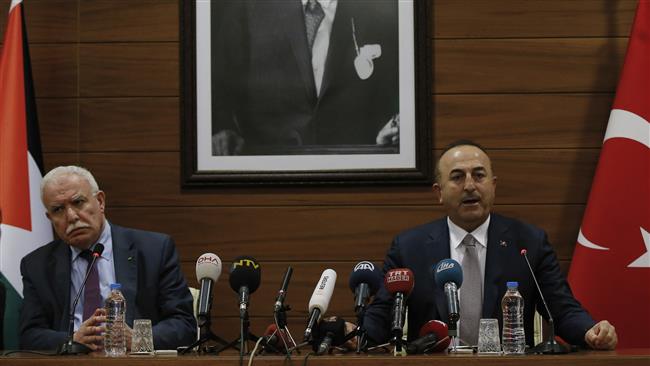

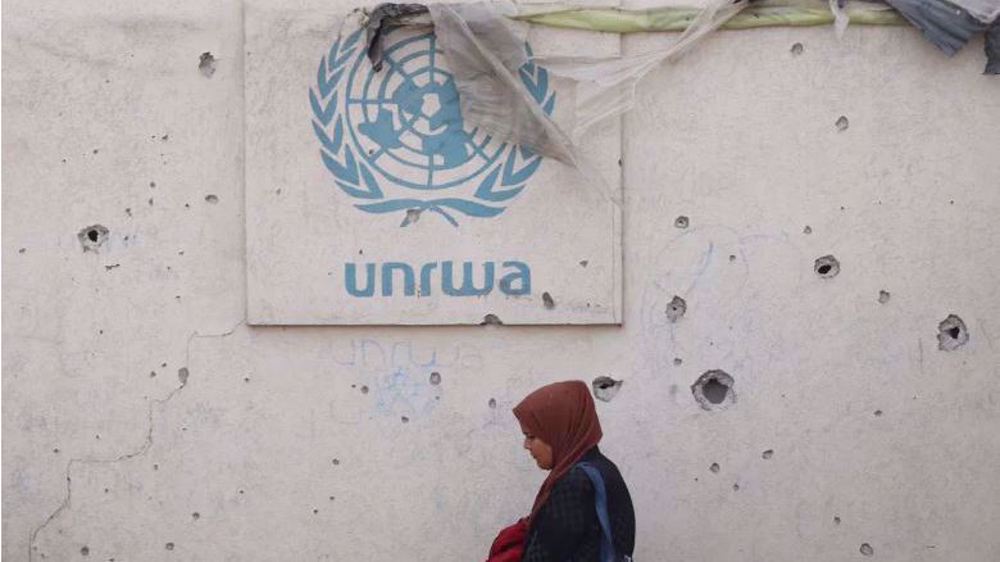
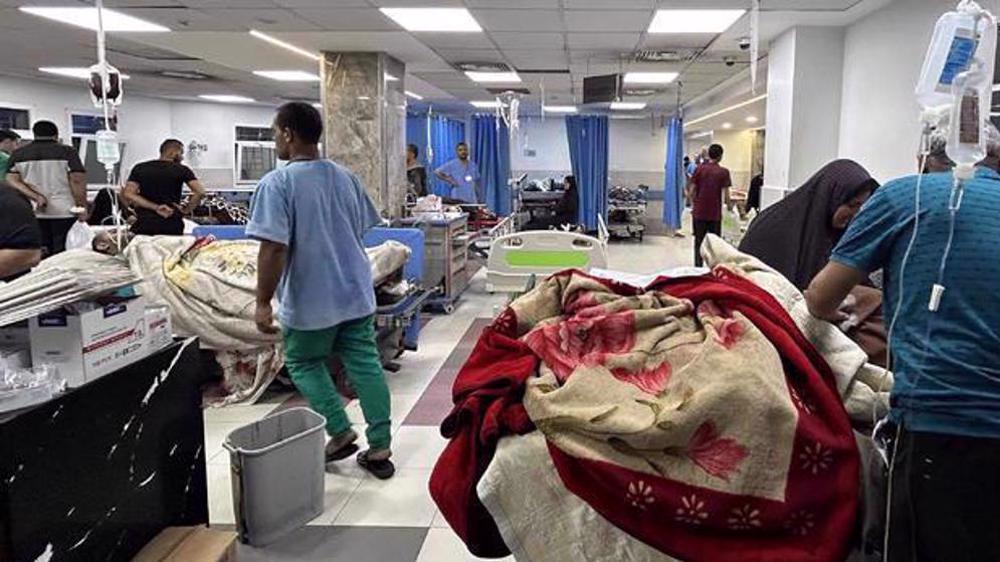



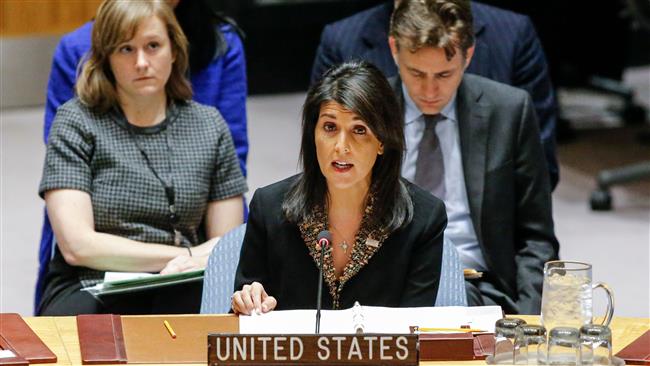
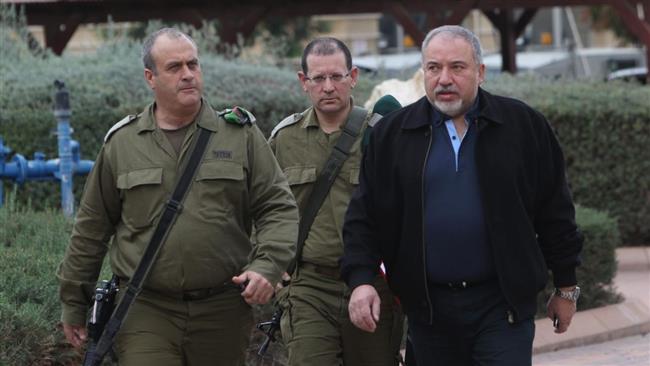
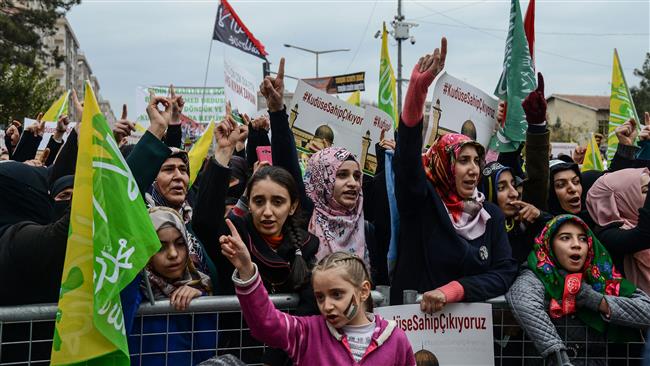
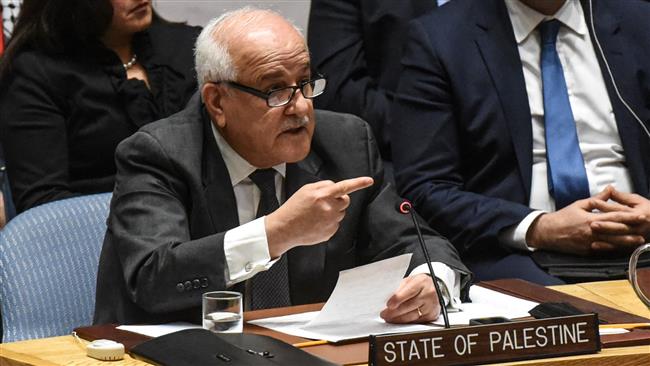

 This makes it easy to access the Press TV website
This makes it easy to access the Press TV website